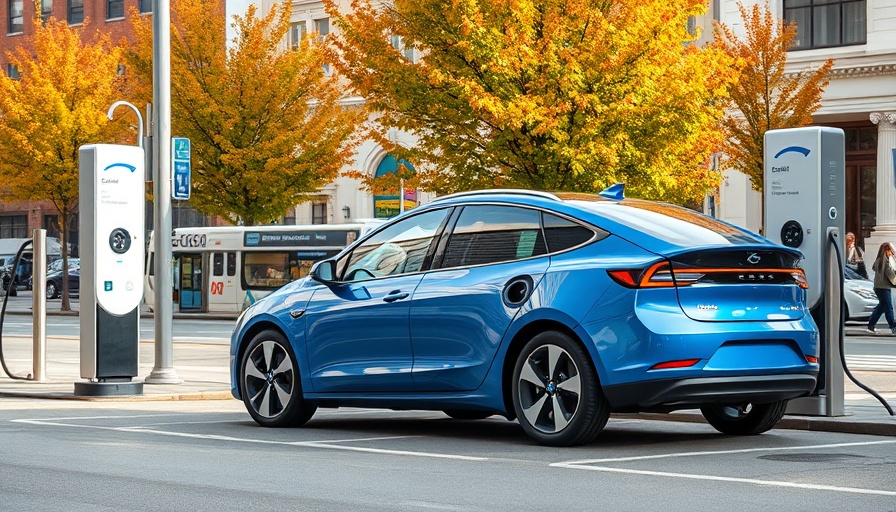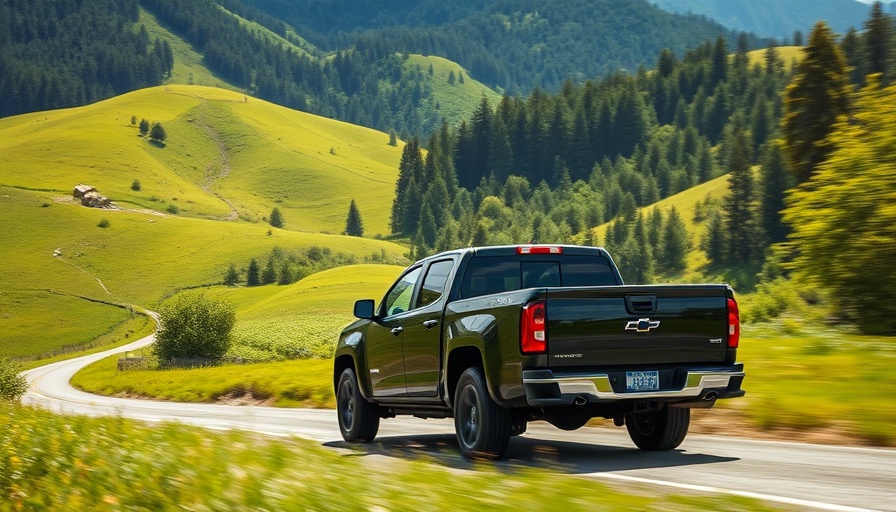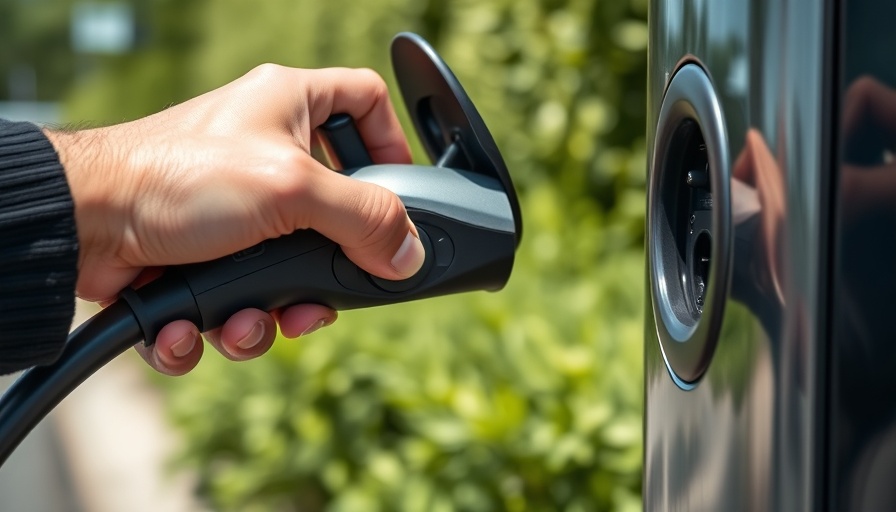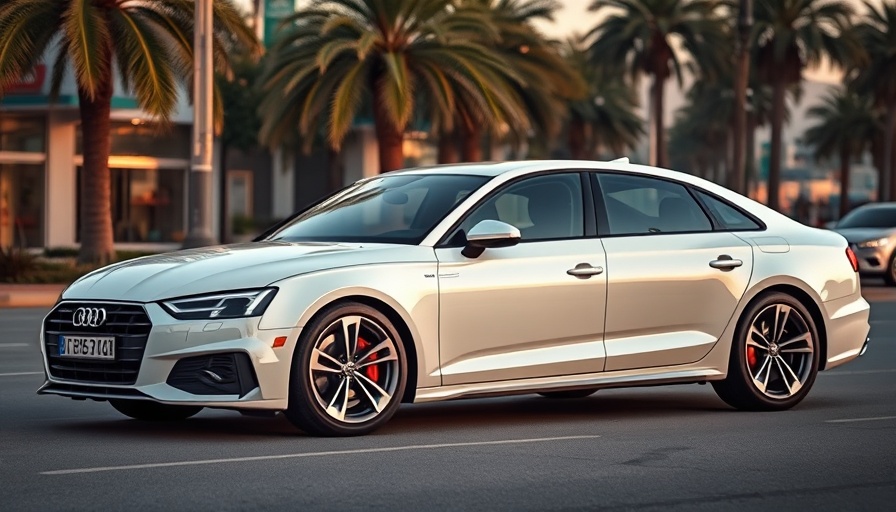
The Changing Landscape of EV Charging Expectations
Recent findings reveal a significant shift in how U.S. consumers approach electric vehicle (EV) charging times. Contrary to previous concerns, many potential electric car owners appear comfortable with longer charging waits, demonstrating a departure from the conventional expectation that EVs must charge as rapidly as traditional gas refuels. In a landmark survey conducted by Deloitte, 77% of American respondents expressed willingness to wait up to 40 minutes to achieve an 80% charge. This marks a potential turning point in EV adoption attitudes, with current models already aligning with these expectations.
Dedicated Charging Infrastructure Gaining Preference
Alongside evolving attitudes towards charging duration, 44% of survey participants indicated a preference for dedicated EV charging stations rather than those paired with gas stations. This suggests a growing consumer interest in specialized infrastructures that cater specifically to electric vehicles, possibly reflecting a desire for improved convenience and accessibility in charging facilities. Furthermore, 79% of respondents intending to purchase EVs showed a strong intent to charge at home, underscoring the role of home charging in easing public charging demand.
Low Travel Frequency and What It Means for EV Charging
Insights from the study suggest that the majority of potential EV users do not regularly engage in long travels, with 35% venturing beyond 60 miles from home only once or twice per month, and 23% never doing so. This sheds light on a crucial aspect of consumer behavior that might contribute to the reduced urgency for ultrafast charging capabilities, particularly for those who primarily drive within local or city limits. This trend aligns well with the everyday utility that home charging provides.
Future Prospects in EV Charging
With advancements in technology continually emerging, EV manufacturers are primed to exceed current consumer expectations. Companies such as Toyota are exploring cutting-edge solutions like solid-state batteries which promise greatly reduced charge times, potentially just 10 minutes. Should these innovations come to fruition, they will likely further bolster consumer confidence and accelerate the shift from gasoline to electric vehicles.
Unique Benefits of Knowing This Information
Understanding these trends is vital for industry stakeholders, including dealership principals, GMs, and fixed operations directors, as they strategize the integration of EVs into their offerings. Recognizing that consumers are increasingly open to the existing charging frameworks could drive better inventory and incentive management, ultimately enhancing sales outcomes. Leveraging this knowledge can help dealerships cater more closely to consumer needs, thereby solidifying their position in a transforming automotive market.
 Add Row
Add Row  Add
Add 




Write A Comment